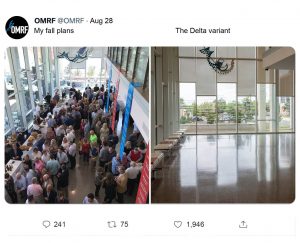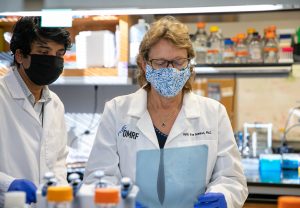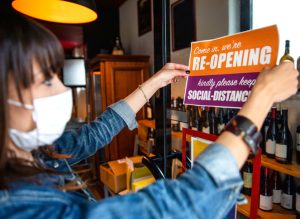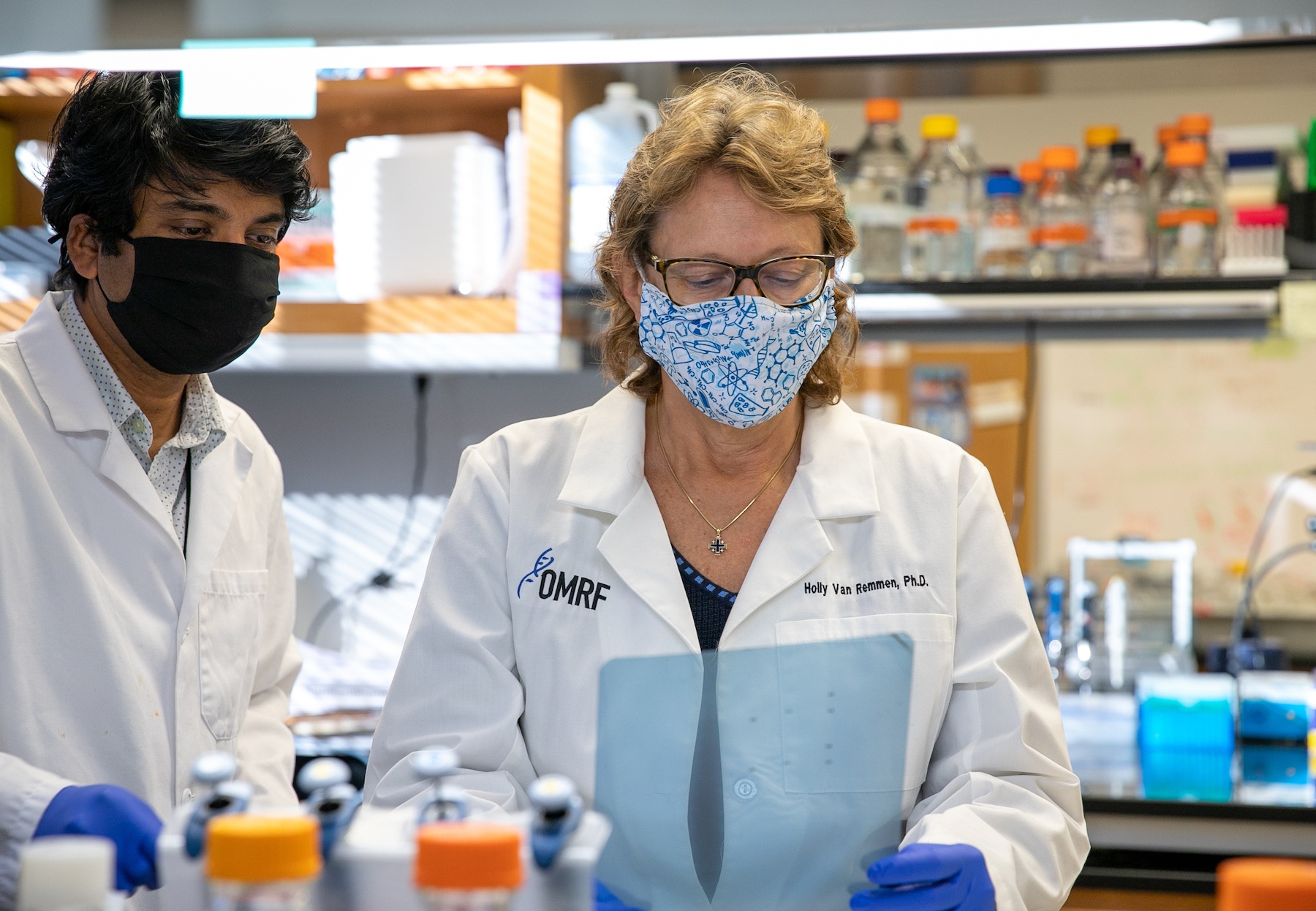 So, did you have plans this fall? Me, too. They’re changed or canceled now.
So, did you have plans this fall? Me, too. They’re changed or canceled now.
Okay, not all of them. I’m still clinging to one aspirational trip still floating on my calendar like a distant sail on the horizon. But I harbor no illusion about the strong pandemic headwinds it still faces.
In a few weeks, I’d planned to travel to Washington, D.C., for the Association of Independent Research Institutes conference. That’s virtual now. Ditto for the board meeting and Capitol Hill visits we’d subsequently scheduled when we had to mothball our plans for the in-person conference – but still thought we might be able to squeeze in some crucial and long-delayed face-to-face business.
 At the Oklahoma Medical Research Foundation, we’ve had to postpone our annual 241 (two events for one great cause) wine and music fundraiser. Actually, I should be careful about using the word “annual” when it comes to events because, these days, who really knows? This is the second straight year the pandemic has taken down the 241 fundraiser. Maybe in 2022 we’ll actually get to welcome Emmylou Harris.
At the Oklahoma Medical Research Foundation, we’ve had to postpone our annual 241 (two events for one great cause) wine and music fundraiser. Actually, I should be careful about using the word “annual” when it comes to events because, these days, who really knows? This is the second straight year the pandemic has taken down the 241 fundraiser. Maybe in 2022 we’ll actually get to welcome Emmylou Harris.
This time of year is typically chock full of scientific conferences. But when I checked with our accounting department, they reported that not a single OMRF researcher has put in a request for business travel. Like just about everything else since March 2020, if the conferences are happening, they’re happening by Zoom.
In sports, though, we’re increasingly seeing a return to pre-pandemic norms. Oklahoma State University played before a full crowd for the first time in more than a year and a half in Stillwater yesterday. The Thunder are slated to do the same at the rechristened Paycom Center next month. And on Oct. 10, the Oklahoma City Memorial Marathon plans to fire the starting gun for thousands who’ve had enough of running solo.
Of course, if the pandemic has taught us anything, it’s that any or all of this could change. In a heartbeat.
Over the past 18 months, we’ve learned some hard lessons about science. For many, science and its “truths” had seemed like absolutes, as intractable as a boulder or mountain.

But science is a process, not a tangible object. And it’s a process designed to ferret out the true nature of things. This can be especially trying when that quest for understanding is tied to a direct and invaluable outcome: saving millions of lives that might otherwise be lost to a novel virus.
Science is marked by failures and course corrections. Typically, errors and imperfections are revealed in cloistered laboratory settings and academic conferences, where, over a course of years or even decades, researchers shape them into an orthodoxy that gradually approximates truth.
Here, we haven’t the luxury of waiting for the scientific process to play out in its usual time frame. The cost of waiting is too high. Instead, it’s been almost as if we’ve been driving while our navigator simultaneously sketches out the map. All under the watchful, nervous eyes of billions.
In these circumstances, wrong turns and Ueys are inevitable. The occasional need to reroute, though, shouldn’t discourage us or obscure the broader picture: We’ve covered an extraordinary amount of ground, developing safe and effective vaccines in record time.

The emergence of the delta variant and the ensuing surge we’re now fighting are dispiriting. But they’ve reminded us that, like the virus itself, we must constantly adapt.
For businesses, that means remaining agile and knowing that tomorrow’s landscape won’t necessarily look like today’s. That assumptions are just that. And that two steps forward and one step back still equals one step forward.
For each of us individually, the lessons should be similar. Still, in our personal lives, we make decisions using a risk-benefit calculus that is unique to each of us.
How much does [insert plan you’d made before delta surge] mean to you? How confident do you feel about going ahead with that plan in the current health climate? Is the additional danger to your health significant if you do it? Is this something you could do next year instead?
There are no right answers. Except this: If you wait a little while, things will almost certainly look different.
—
Adam Cohen is OMRF’s senior vice president & general counsel and interim president. He can be reached at contact@omrf.org. Get On Your Health delivered to your inbox each Sunday — sign up here.



